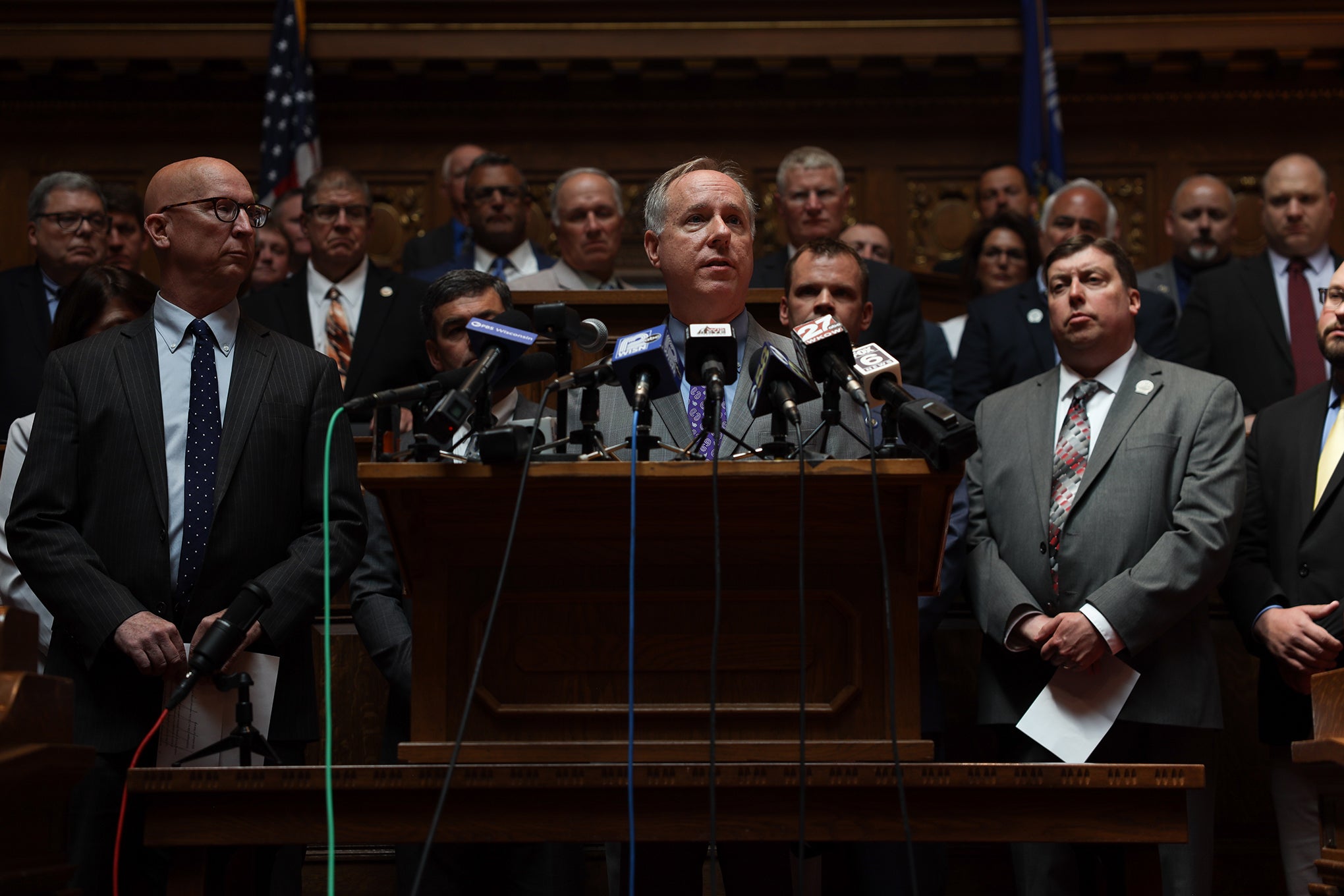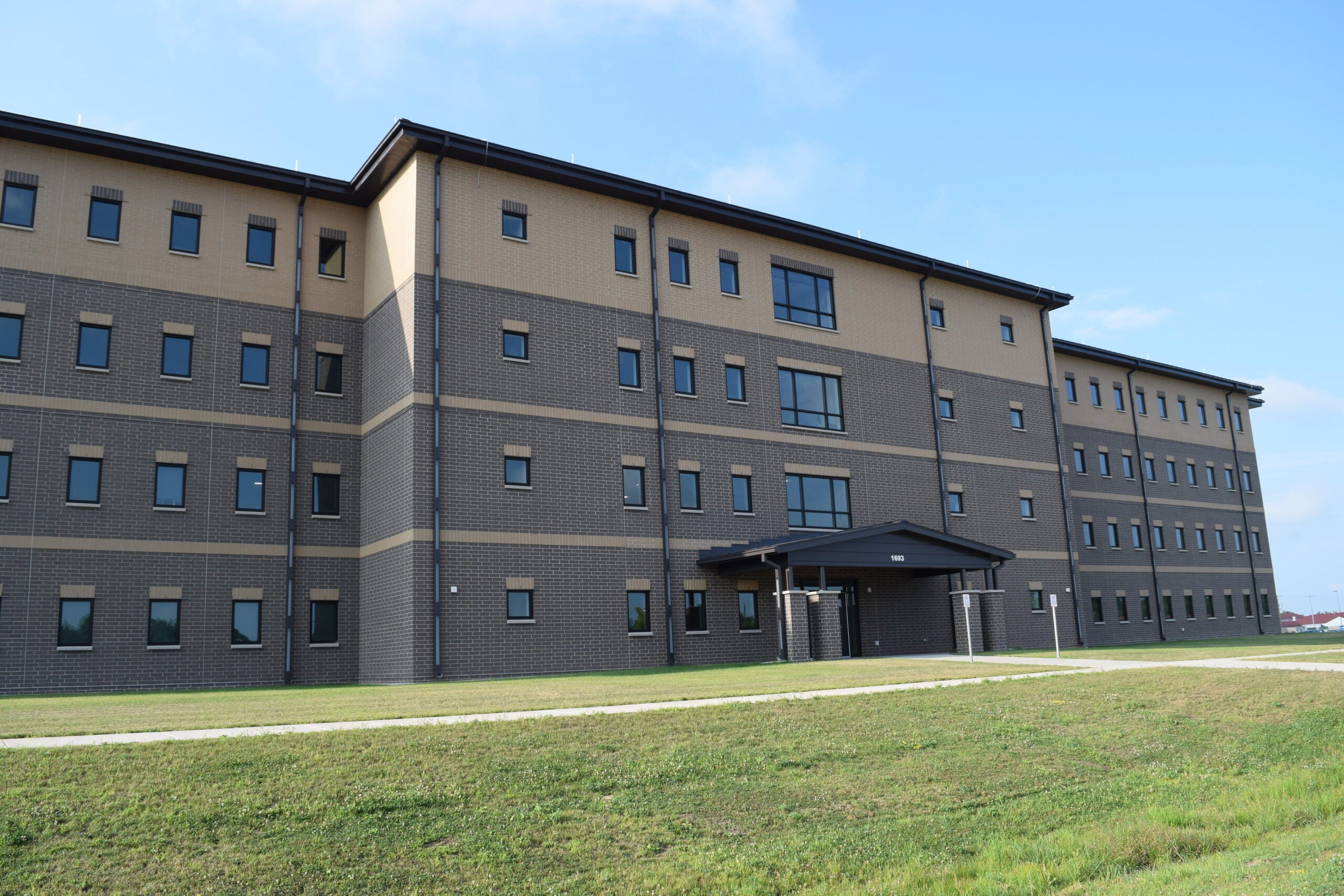Can political polarization make us reject opposing viewpoints and create mistrust among the public? We discuss the impact of polarization in Wisconsin politics. We also catch up on the news in Congress, learn about the UW System segregated fees, and discuss the political blow back following a report of doctors over-prescribing veterans at the Tomah VA.
Featured in this Show
-
Baldwin Receives Backlash For Tomah VA Report
U.S. Sen. Tammy Baldwin, D-Wis., continues to receive blowback for not acting soon enough on a report filed by a whistleblower that found opioid prescriptions at the Tomah Veterans Affairs Medical Center had more than quintupled since 2004.
The Milwaukee Journal Sentinel reported that Baldwin has since fired a top aide as questions mount about what the senator knew and for how long she had been aware of the report. There have been ongoing developments since details of the skyrocketing prescription rates emerged earlier this month from journalist Aaron Glantz at the Wisconsin Center for Investigative Reporting.
“Now, she has a lot of egg on her face and a lot of explaining to do about why she didn’t take action until we ran our story and all of this became known,” said Glantz, referring to Baldwin.
A representative of Baldwin’s office stated that the senator received the report August 29, 2014.
U.S. Secretary of Veterans Affairs Bob McDonald responded by dispatching this week a team of investigators from Washington, D.C., to Tomah, where they are now on the ground looking into the situation.
Some hospital administrators have responded by calling for changes while simultaneously referring to the report as merely allegations.
“The fact that the number of opiate prescriptions at the Tomah VA quintupled is a fact and not an allegation,” Glantz said. “The fact that a 35-year-old former Marine overdosed and died in their psychiatric ward in August is a fact, not an allegation. The fact that the oxycodone pills given out by the hospital pharmacy went from about 50,000 when Dr. (David) Houlihan became the chief of staff to over 700,000 in 2012 is a fact, not an allegation.”
Editor’s Note: This story has been updated with a more precise date for when Baldwin received the whistleblower’s report.
-
This Week In Congress – January 28, 2015
USA Today Politics and Congress Editor Paul Singer joins Central Time for his weekly update on happenings in Congress.
-
Professor: Polarization In Wisconsin Is Making Many Less Likely To Talk Politics
Ask just about any Wisconsinite these days and they’ll agree that over the last few years, the Badger State has seemingly become more politically polarized than ever.
With portions of the population leaning either “red” or “blue,” it seems both sides are growing ever further apart in Wisconsin, and the 2014 midterm election results seem to back that up.
According to Kathy Cramer, professor of political science at the University of Wisconsin-Madison, that polarization is making us a lot less willing to talk about politics.
Leading up to the recall elections in 2011 and 2012, it wasn’t uncommon to read stories in the news and on social media about family arguments and broken friendships — all because of political disagreements. Cramer said that may have prompted many friends, colleagues and acquaintances opting to stop talking about politics.
“They had agreed to not talk about it because they valued their friendships, and didn’t want to get into irreparable fights,” she said.
Assigning blame for the increased polarization is another question altogether, and one that isn’t easily answered.
“It’s hard to say whether it’s our leaders who are teaching us how to treat one another, or our leaders tapping into the way into the way we’re treating one another, but they feed on each other,” Cramer said.
With Wisconsin’s “red” districts getting redder and “blue” districts getting bluer, Cramer is concerned that political debates among citizens will continue to decrease.
“Even in an area that’s divided 60-40 or 70-30, politically between Republicans and Democrats, you’re likely to encounter people from the other side,” she said. “But, when it gets to 80-20, or 90-10, the chances are pretty few are far between that people in that small of a minority are going to be willing to speak up and explain to you what they’re thinking.”
Because of that, it’s becoming more likely that people are going through their days without encountering someone that they disagree with politically, which Cramer sees as a problem.
“When you don’t have a personal relationship with somebody who thinks politically pretty differently than you, it’s easy to demonize the other side and to not see those folks as equally human,” she said. “It makes it easier to tune out other opinions and other perspectives.”
By not having political discussions and conversations, Cramer said we’re losing something significant, and it could be hurting the values the country was founded on.
“On the one hand, democracy is about having debates, even heated debates,” she said. “We’re supposed to be able to express our opinions and have differences. But when these differences become so personal that we can’t even engage one another about public issues, then in a lot of respects, it’s not really a democracy.”
Despite the discomfort that comes with political debates these days, Cramer said it’s essential that people talk with each other and put the humanity back in these discussions. She cited efforts like Reach Out Wisconsin, an nonpartisan organization that describes itself as “dedicated to fostering respect and understanding in Wisconsin politics” as a step in the right direction.
“That’s what it takes, folks taking things into their own hands, to take the time and have the patience to hear different points of view,” she said. “It is possible, but it takes a special effort these days.”
-
Political Blowback And Calls For Investigation Follow Release Of Tomah VA Report
After the release of an investigative report that found severe over-prescription of opiates to veterans in Tomah, there’s been plenty of anger, calls for investigation, and political blowback, especially against U.S. Senator Tammy Baldwin. The reporter behind the investigation discusses the latest developments.
-
Polarized Politics And Difficult Conversations In Wisconsin
Partisan lines are getting more and more locked in here in Wisconsin, according to some analysts looking at last year’s elections. A guest digs deeper into the ways we talk about politics…and how differing perspectives make it harder to have a conversation with people who disagree with us.
Episode Credits
- Rob Ferrett Host
- Veronica Rueckert Host
- Chris Malina Producer
- Galen Druke Producer
- Aaron Glantz Guest
- Paul Singer Guest
- Kathy Cramer Guest
Wisconsin Public Radio, © Copyright 2025, Board of Regents of the University of Wisconsin System and Wisconsin Educational Communications Board.



